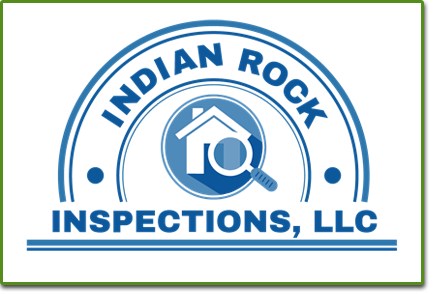
When buyers tour a home, one of the first questions that often comes up is, “Do I really need an inspection?” The answer is yes—whether the home is a century-old farmhouse or a freshly built colonial. While the types of issues may differ, the need for a detailed evaluation remains the same. Age doesn’t make a home immune to problems; it simply changes what those problems are likely to be.
Inspections for Older Homes
Older properties often carry the charm of wide-plank floors, unique craftsmanship, and mature landscaping. But beneath that character, time can take its toll. Inspections in older homes tend to focus on:
-
Outdated electrical systems: Knob-and-tube wiring or undersized panels are common in homes built decades ago. These may pose fire risks or fail to meet modern demands.
-
Aging plumbing: Galvanized pipes can corrode, reducing water pressure and increasing the risk of leaks.
-
Foundation and structure: Settling, moisture intrusion, or shifting over many decades may create cracks or uneven floors.
-
Roofing and insulation: Materials used in past eras may no longer hold up against today’s weather extremes, or may not meet current energy efficiency standards.
An inspection of an older property doesn’t just reveal problems; it gives buyers a clear picture of what’s original, what’s been updated, and what may soon need attention.
Inspections for Newly Built Homes
It may surprise some buyers, but even brand-new homes can benefit from a careful inspection. Construction involves many hands, and mistakes happen. Inspections of newer homes often identify:
-
Workmanship issues: Misaligned framing, improper flashing, or unfinished details that could lead to water intrusion.
-
Mechanical installations: New heating, cooling, and ventilation systems sometimes aren’t calibrated or connected properly.
-
Drainage and grading: Newly disturbed soil may not slope correctly, leading to water pooling near the foundation.
-
Code compliance: Just because a home passed a municipal inspection doesn’t mean every component was installed perfectly. A private inspection adds an extra layer of assurance.
Catching these issues early can save homeowners from expensive repairs down the line and ensures the home starts off on solid footing.
The Value Across the Board
Regardless of age, every home has its story—and its potential flaws. Inspections provide peace of mind, a roadmap for future maintenance, and leverage during negotiations. Whether a house has weathered a century of New England winters or is still smelling of fresh paint, an unbiased evaluation is one of the smartest investments a buyer can make.
In the end, the question isn’t whether a home is old or new—it’s whether you want to go in with your eyes open. An inspection ensures that you do.








